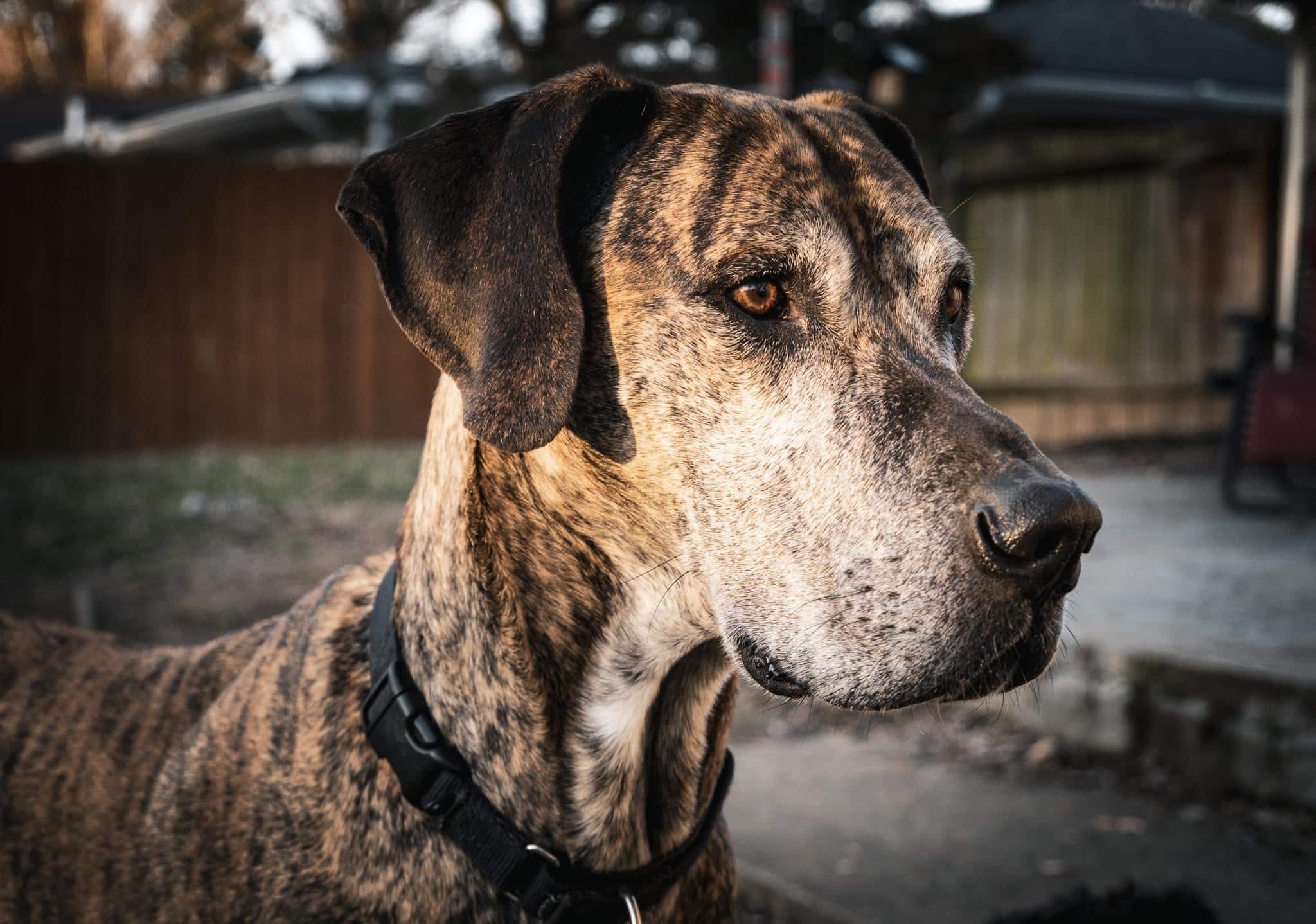Gastric Dilatation-Volvulus (GDV), commonly known as “bloat,” is a life-threatening condition in dogs that requires immediate medical attention. GDV occurs when a dog’s stomach twists, cutting off the blood supply to vital organs. If left untreated, GDV can lead to shock, tissue death, and fatality within hours.
Risk Factors
Certain dogs are more prone to GDV:
Large and Giant Breeds: Dogs with deep, narrow chests like Great Danes, German Shepherds, Boxers, and Weimaraners are at higher risk. Great Danes are particularly susceptible, with up to a 40% lifetime risk of developing GDV.
Age: GDV is more common in older dogs, particularly those aged 7 years and above.
Body Type: Dogs with deep chests (a narrow body with a long ribcage) are at an increased risk, regardless of breed.
Eating Habits: Dogs that eat large meals quickly, eat only one meal per day, or drink a lot of water after eating are more likely to develop GDV.
Stress and Activity: Stressful situations, such as boarding or loud environments, can increase the risk of GDV. Vigorous activity right after a meal can also be a contributing factor.
Genetics: A family history of GDV increases the likelihood of a dog developing the condition.
Warning Signs
GDV progresses rapidly, and recognizing the symptoms early can save your dog’s life.
Abdominal Swelling: A visibly distended abdomen is one of the most common signs. The stomach may appear swollen or bloated.
Unproductive Retching: The dog may attempt to vomit but produce nothing, often seen as dry heaving.
Restlessness: Dogs with GDV may act anxious or distressed. They may pace, lie down, and get back up frequently.
Labored Breathing: Difficulty breathing or rapid, shallow breaths could occur as the stomach puts pressure on the diaphragm.
Drooling: Excessive drooling or foaming at the mouth can be a sign of discomfort.
Pale Gums: Gums may appear pale or bluish, indicating poor circulation.
Weakness and Collapse: In more advanced cases, the dog may become weak, disoriented, and even collapse as the condition worsens.
What to Do if You Think Your Dog Has GDV
If you suspect that your dog is suffering from GDV, act immediately. GDV is a medical emergency, and the sooner the dog receives treatment, the better the chances of survival.
Get to a Veterinarian: Transport your dog to the nearest veterinary clinic or emergency animal hospital as quickly as possible. Time is critical, and waiting for symptoms to worsen can be fatal.
Avoid Feeding or Giving Water: Do not attempt to feed your dog or give it water, as this could exacerbate the situation..
Prepare for Emergency Surgery: Once at the veterinary clinic, the vet may take X-rays to confirm GDV and assess the severity. Emergency surgery is often required to untwist the stomach and prevent the condition from recurring.
Do NOT wait to see if the condition will reverse itself. GDV can kill a dog within hours.
Prevention of GDV
While GDV is unpredictable, there are steps you can take to reduce the risk:
Feed Multiple Small Meals: Instead of one large meal per day, divide your dog’s food into two or three smaller meals.
Slow Down Eating: Use slow-feed bowls or puzzle feeders to prevent your dog from eating too quickly.
Limit Water Intake After Meals: Don’t allow your dog to drink excessive amounts of water immediately after eating.
Avoid Vigorous Activity After Meals: Ensure that your dog has a period of rest after meals, and avoid intense play or exercise for at least an hour.
Consider a Gastropexy: In high-risk breeds, a preventative surgical procedure called gastropexy can be performed to attach the stomach to the abdominal wall, reducing the risk. One study found that for Great Danes that had a preventative gastropexy were nearly 30 times less likely to die from a GDV than those who had not had the procedure.




